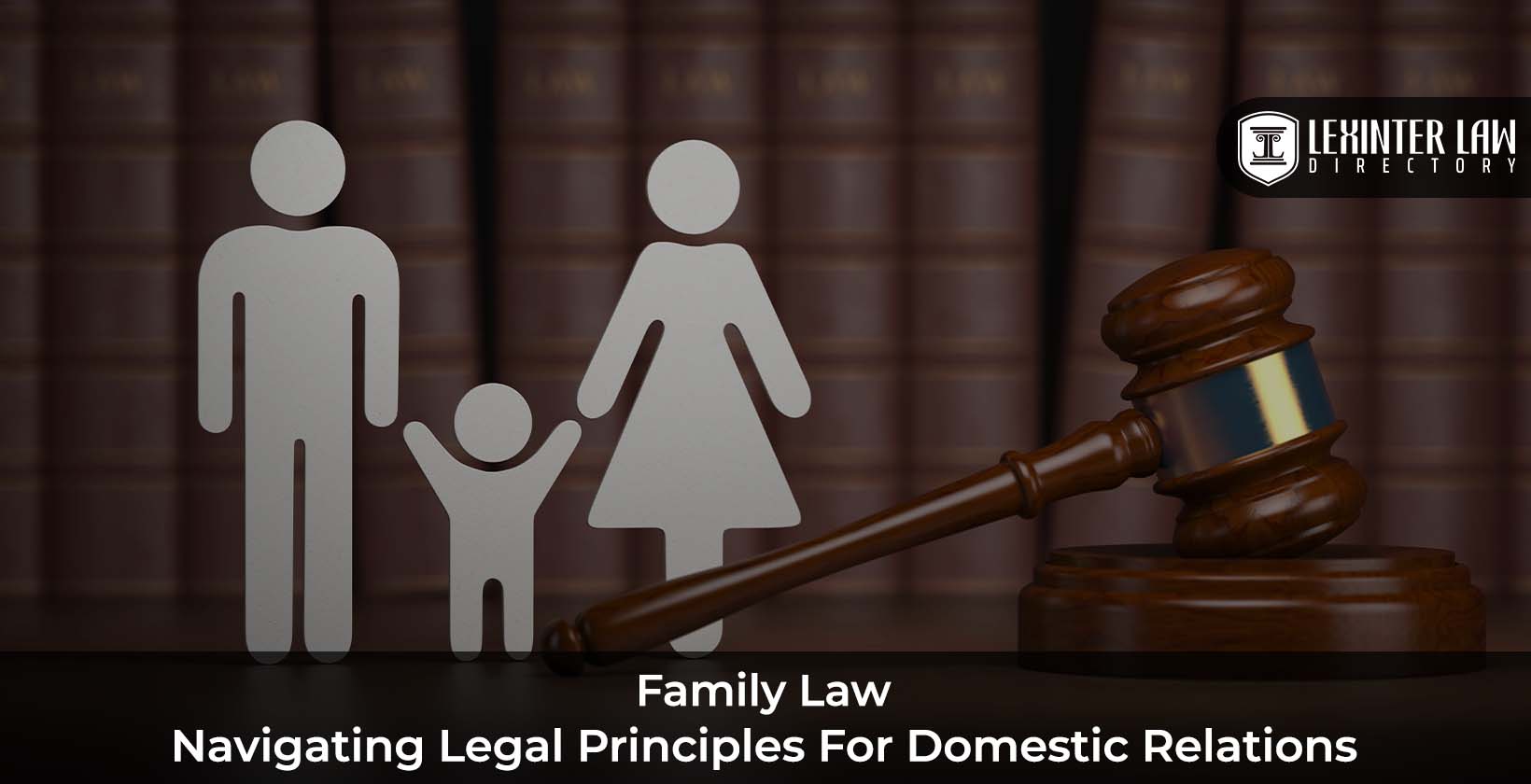Overview
A car accident during pregnancy can be a traumatic event, both physically and emotionally. Pregnant women are more vulnerable to injuries in a car crash due to their changing bodies and the added weight of the baby. If you are pregnant and have been involved in a car accident, it is important to seek medical attention immediately, even if you do not feel injured. Some injuries may not be immediately apparent, so it is important to get checked out by a doctor to rule out any potential complications.
The force of a car accident can cause the placenta to detach from the uterine wall, which can lead to miscarriage or premature birth. The impact of the accident can also cause the uterus to rupture, which is a life-threatening condition. In addition, the mother may suffer from injuries to her abdomen, pelvis, or spine. These injuries can lead to long-term pain and disability.
The emotional impact of a car accident during pregnancy can be just as devastating as the physical injuries. Pregnant women may experience anxiety, depression, and post-traumatic stress disorder (PTSD). They may also worry about the health of their unborn child and the future of their pregnancy. It is important for pregnant women who have been involved in a car accident to seek professional help to deal with the emotional trauma.
What to Do After a Car Accident During Pregnancy
If you are pregnant and have been involved in a car accident, it is important to follow these steps:
- Stay calm and don’t panic.
- Check yourself and your unborn child for injuries.
- Call 911 and request medical assistance.
- Tell the paramedics that you are pregnant.
- Go to the hospital for a checkup, even if you do not feel injured.
- Follow your doctor’s instructions for care and follow-up.
By following these steps, you can help to ensure the safety of yourself and your unborn child after a car accident.
Car Accidents During Pregnancy: A Perilous Union
A car accident is a traumatic event that can have severe consequences for anyone involved, but for pregnant women, the risks are amplified. The forces of a collision can inflict injuries to both the mother and the developing fetus, making it crucial to understand the potential hazards and seek immediate medical attention in case of an accident. One such hazard is placental abruption, a condition that occurs when the placenta separates from the uterine wall prematurely.
Risks to the Mother
Placental Abruption: A Silent Threat
Placental abruption, characterized by the premature separation of the placenta from the uterine wall, is a serious complication that can occur during a car accident. The placenta provides vital nourishment and oxygen to the fetus, and its premature detachment can compromise the baby’s well-being. Symptoms of placental abruption may include vaginal bleeding, abdominal pain, and contractions. In severe cases, placental abruption can lead to fetal death or maternal hemorrhage. The severity of placental abruption depends on the extent of the separation, and prompt medical intervention is crucial to minimize the risks to both the mother and the fetus.
The forces of a car accident can also cause abdominal trauma, leading to injuries to the uterus, ovaries, or other pelvic organs. Such injuries can result in internal bleeding, miscarriage, or premature birth. Moreover, the impact of a collision can trigger premature labor, even in women who have not experienced any prior complications. Premature labor can lead to a host of health problems for both the mother and the premature infant, including respiratory distress syndrome, cerebral palsy, and developmental delays.
Car accidents during pregnancy pose a unique set of challenges, emphasizing the importance of immediate medical attention and ongoing prenatal care. By understanding the potential risks, pregnant women can take steps to minimize the likelihood of an accident and mitigate its consequences should one occur.
Car Accident During Pregnancy: Protecting Your Unborn Child
Car accidents are a terrifying experience, but they can be even more frightening when you’re pregnant. The force of a collision can put your baby at risk of injury, so it’s important to understand the risks and know what to do if you’re involved in an accident.
What are the Risks to the Baby?
The baby is at risk of injury, including fetal distress, premature birth, and developmental problems. Fetal distress can occur if the placenta is damaged or if the baby’s oxygen supply is cut off. Premature birth can occur if the uterus is injured or if the baby is born too early. Developmental problems can occur if the baby’s brain or other organs are damaged.
The severity of the baby’s injuries will depend on the severity of the accident, the gestational age of the baby, and the position of the baby in the womb. Babies who are born prematurely are at higher risk of developmental problems than babies who are born full-term.
What Should I Do After a Car Accident?
If you’re involved in a car accident while you’re pregnant, it’s important to seek medical attention immediately, even if you don’t feel like you’ve been injured. The doctor will check for any injuries to you and the baby and will monitor the baby’s vital signs. You may also need to have an ultrasound to check for any damage to the placenta or uterus.
If you’re experiencing any of the following symptoms after a car accident, it’s important to seek medical attention immediately:
- Vaginal bleeding
- Abdominal pain
- Contractions
- Leaking fluid from the vagina
- Fetal movement that has stopped or decreased
If you’re in a car accident and you’re not sure if you’ve been injured, it’s always better to err on the side of caution and seek medical attention immediately.
Car Accident During Pregnancy
If you are pregnant and involved in a car accident, it’s imperative to understand the potential risks and seek medical attention promptly. Even minor collisions can have unforeseen consequences for both you and your baby. Pregnancy can alter your body’s response to trauma making it crucial to prioritize your health and well-being.
What to Do After a Car Accident
In the aftermath of a car accident, it’s natural to feel shaken and unsure. Here are some essential steps to take:
- Stay calm and assess the situation. Check for any injuries, both to yourself and any passengers. If you are able, move to a safe location away from traffic.
- Call 911 immediately. Report the accident and request medical assistance. Explain that you are pregnant.
- Stay still and rest. Avoid moving around too much, as this could worsen any injuries. If possible, lie down and elevate your feet.
- Do not assume you’re okay. Even if you feel fine, it’s important to be thoroughly examined by a healthcare professional. Pregnancy can mask certain injuries, and internal bleeding or other complications may not be immediately apparent.
- Follow your doctor’s instructions. Once you’ve been seen by a doctor, follow their instructions carefully. This may include limiting your activity, taking medication, or scheduling follow-up appointments.
When to Seek Emergency Medical Attention
In some cases, it’s imperative to seek emergency medical attention immediately after a car accident. Symptoms that warrant urgent medical care include:
- Bleeding or vaginal discharge
- Severe abdominal pain
- Contractions
- Leaking fluid from the vagina
- Headache or dizziness
- Loss of consciousness
Car Accident During Pregnancy
Car accidents are a leading cause of death and injury in the United States, annually account for more than 30,000 fatalities. Pregnant women are particularly vulnerable to car accidents, as their bodies are undergoing significant changes that can make them more susceptible to injury. Moreover, a car accident during pregnancy can endanger both the mother and the developing fetus. So, if you’re pregnant and involved in a car accident, it’s vital to consider the implications and seek medical attention as soon as possible.
Treatment
Treatment for a car accident during pregnancy will vary depending on the severity of the injuries. Minor injuries, such as cuts and bruises, may only require first aid. However, more serious injuries, such as broken bones or head injuries, may require hospitalization. In some cases, surgery may be necessary to repair damage to the mother or the fetus.
Risks to the Mother
Car accidents during pregnancy can pose several risks to the mother, including:
Miscarriage: The force of a car accident can cause the placenta to separate from the uterus, which can lead to miscarriage.
Preterm labor: Car accidents can also trigger preterm labor, which occurs before the 37th week of pregnancy.
Placental abruption: This is a condition in which the placenta separates from the uterus before the baby is born. Placental abruption can be life-threatening for both the mother and the baby.
Uterine rupture: This condition occurs when the uterus tears during pregnancy. Uterine rupture is a rare but life-threatening complication of car accidents during pregnancy.
Risks to the Fetus
Car accidents during pregnancy can also pose several risks to the fetus, including:
Premature birth: Car accidents can lead to premature birth, which can cause a number of health problems for the baby.
Birth defects: Car accidents can also cause birth defects, such as cerebral palsy and spina bifida.
Fetal death: In some cases, car accidents during pregnancy can result in the death of the fetus.
Preventing Car Accidents During Pregnancy
There are several steps pregnant women can take to prevent car accidents, including:
Wearing a seatbelt: Wearing a seatbelt is the most important thing pregnant women can do to protect themselves and their unborn child in a car accident.
Driving defensively: Pregnant women should avoid driving in hazardous conditions, such as during bad weather or at night.
Getting enough rest: Pregnant women should get plenty of rest to avoid fatigue, which can impair driving ability.
Eating healthy foods and getting regular exercise: Eating healthy foods and getting regular exercise can help pregnant women stay alert and focused while driving
Car Accident During Pregnancy: What You Need to Know
Imagine yourself cruising down the road, expecting a little bundle of joy, when suddenly, your world is turned upside down by a car accident. It’s a terrifying experience that can leave you shaken and worried about the well-being of your unborn child. But know this: You’re not alone, and there are steps you can take to ensure the best possible outcome.
Recovery
Recovery from a car accident during pregnancy can be a long and arduous journey. The exact timeline will vary depending on the severity of the accident and your individual circumstances. But one thing remains constant: it’s crucial to follow your doctor’s orders diligently. They will monitor your condition closely and provide guidance on everything from bed rest to medications.
Emotional Impact
In addition to the physical injuries, a car accident during pregnancy can also take a significant emotional toll. You may experience anxiety, depression, or post-traumatic stress disorder (PTSD). It’s important to seek help if you’re struggling with these emotions. Talking to a therapist can provide a safe and supportive space to process your feelings.
Legal Considerations
If the car accident was caused by someone else’s negligence, you may have legal recourse. An attorney can help you understand your rights and explore your options for compensation.
Insurance Coverage
Your health insurance and car insurance should cover the costs of your medical treatment and any lost wages. Make sure to contact your insurance companies as soon as possible after the accident to report the incident.
Prenatal Care
After a car accident during pregnancy, it’s more important than ever to attend all your prenatal appointments. Your doctor will closely monitor your baby’s health and development. They will also check for any potential complications, such as pre-term labor or placental abruption.
Support System
Having a strong support system in place can make a world of difference during this challenging time. Reach out to family, friends, and other loved ones for help with practical tasks, such as running errands or cooking meals. They can also provide emotional support and reassurance.
Car Accident During Pregnancy: What You Need to Know
Being involved in a car accident is never a pleasant experience, but it can be especially frightening and dangerous for pregnant women. The force of an impact can cause serious injuries to both the mother and the unborn child.
If you’re pregnant, it’s important to take steps to protect yourself and your baby from a car accident. Here are some things you can do:
Prevention
There are a number of things you can do to prevent a car accident during pregnancy. First and foremost, always wear your seatbelt. This is the most important thing you can do to protect yourself and your baby in the event of an accident. Make sure the belt fits snugly across your lap and lower abdomen, not over your belly. Avoid driving if you’re feeling tired or distracted. Being alert and focused will help you to avoid accidents. Additionally, practice defensive driving techniques. This means being aware of your surroundings and anticipating the actions of other drivers. Slow down and increase your following distance when driving in bad weather or on unfamiliar roads. While driving, avoid using your phone or eating, which can take your attention away from the road. Finally, get regular prenatal care. Your doctor can check your health and make sure that you’re doing everything you can to have a healthy pregnancy.
If you’re in a car accident, it’s important to seek medical attention as soon as possible. Even if you don’t feel injured, it’s important to get checked out by a doctor to rule out any hidden injuries. If you have any pain, bleeding, or other symptoms, tell your doctor right away. The sooner you get treatment, the better your chances of a full recovery.
What to Do If You’re in a Car Accident
If you’re in a car accident while pregnant, the most important thing is to stay calm and collected. If possible, pull over to the side of the road. Turn on your hazard lights and call 911. Once you’re on the phone with the operator, tell them that you’re pregnant and give them your location. The operator will dispatch emergency medical services to your location. While you’re waiting for help to arrive, try to stay calm and comfortable. If you have any pain, try to apply pressure to the area. If you’re bleeding, try to stop the bleeding by applying pressure to the wound. If you’re feeling dizzy or lightheaded, lie down on your side and elevate your feet.
Risks of a Car Accident During Pregnancy
Car accidents can be dangerous for anyone, but they can be especially dangerous for pregnant women. The force of an impact can cause serious injuries to both the mother and the unborn child. Some of the risks of a car accident during pregnancy include:
Recovering from a Car Accident During Pregnancy
If you’re involved in a car accident during pregnancy, it’s important to follow your doctor’s instructions carefully. Your doctor will monitor your health and the health of your unborn child. Depending on the severity of your injuries, you may need to take some time off from work or school. You may also need to avoid certain activities, such as strenuous exercise or heavy lifting.




Leave a Reply